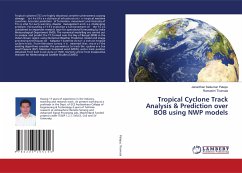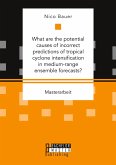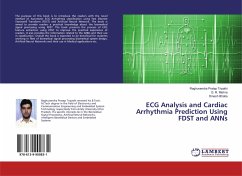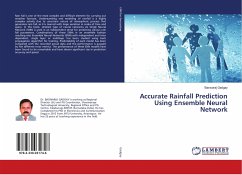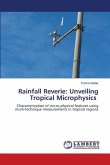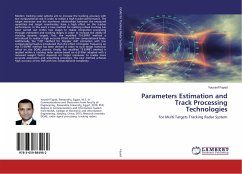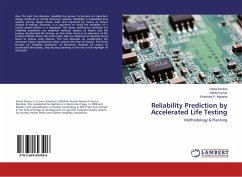Tropical cyclones (TC) are highly disastrous weather phenomena causing damage to the life and physical infrastructure in tropical maritime countries. Accurate prediction of formation, movement and intensity of TCs is vital for early warning, disaster management and is a challenging problem. Forecasting of the evolution and movement of the TCs is considered an important research issue for operational forecasting by India Meteorological Department (IMD). The numerical modelling are carried out to analyze and predict the TC formed over the Bay of Bengal (BOB) in the Indian Ocean region using Numerical Weather Prediction model and image processing techniques on Kalpana-1 Satellite data to extract tropical cyclone track. From literature survey it is observed that, most of the existing algorithms consider the parameters to track the cyclone are Sea Level Pressure (SLP), Maximum Sustained wind (MSW), vector track position obtained from best track data of IMD, Vorticity plots from Cooperative Institute for Meteorological Satellite Studies (CIMSS).

